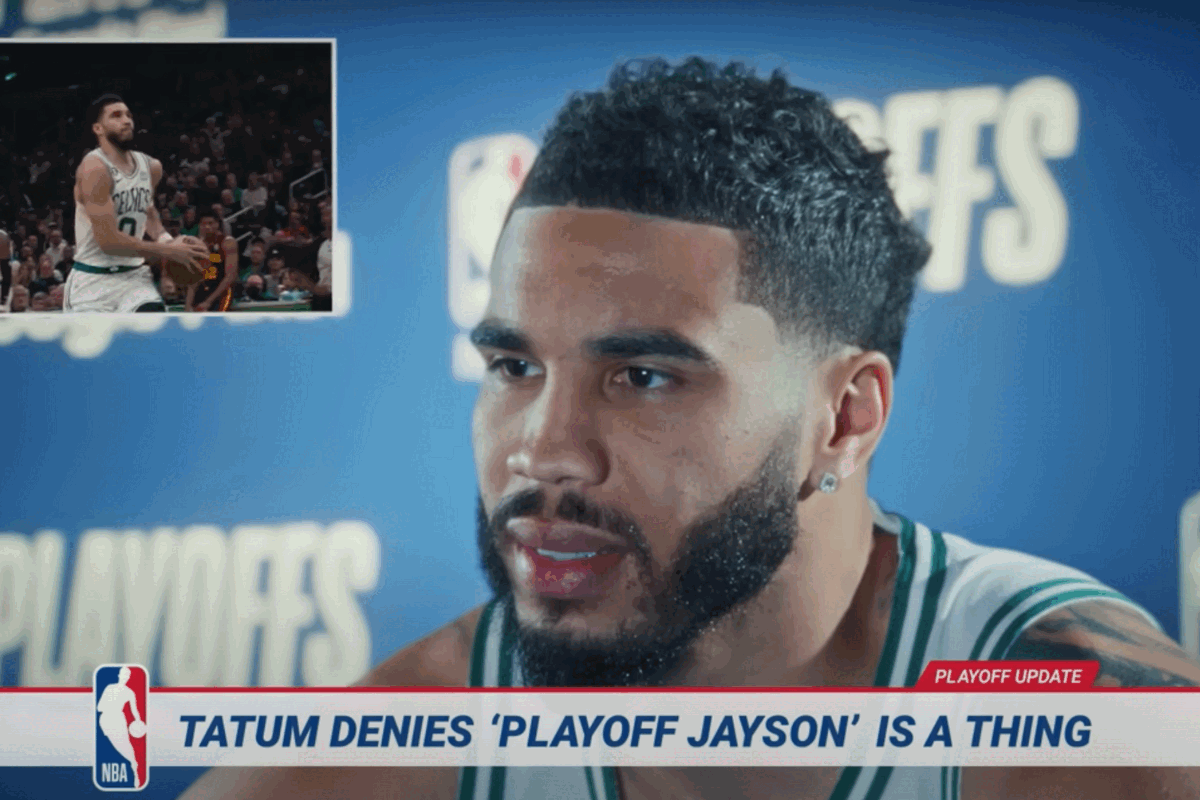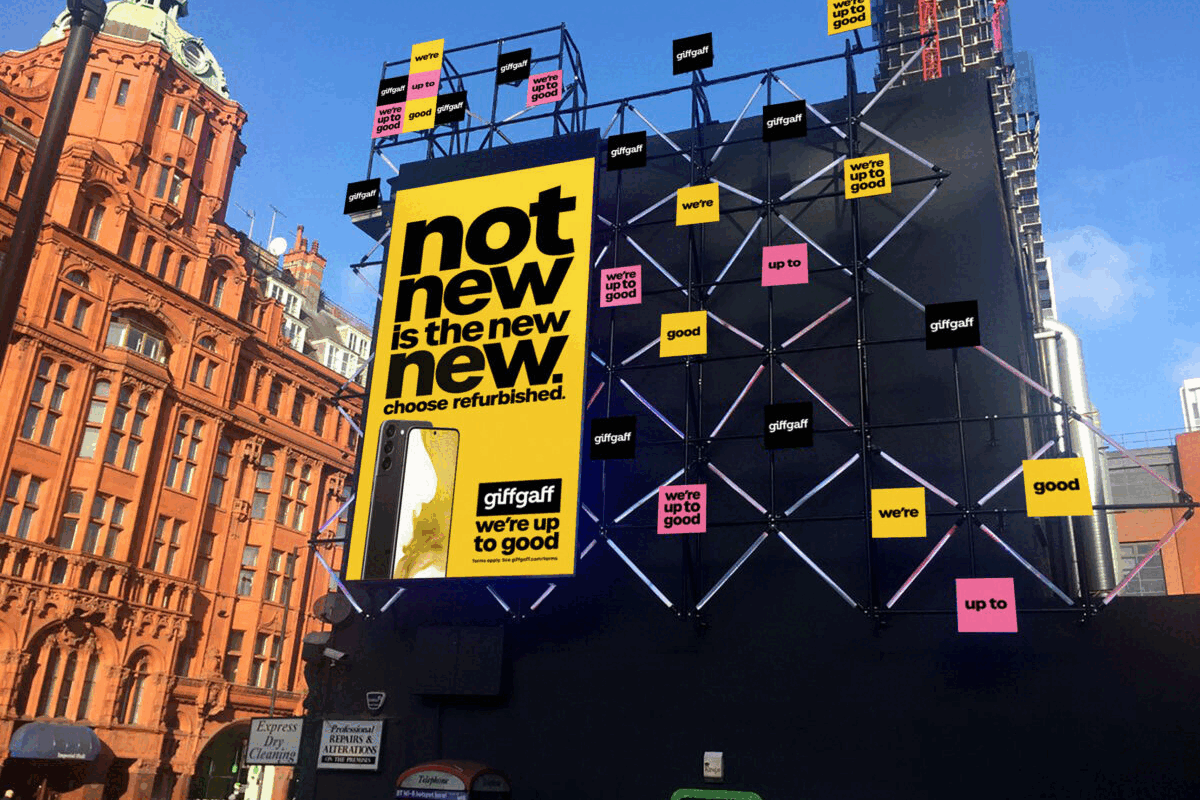IPA Bellwether Report shows online advertising budgets increasing, but mobile decreasing
- Wednesday, July 18th, 2018
- Share this article:
 UK marketers revised their internet budgets up to their joint-strongest levels since Q3 2007 in the second quarter of 2018, marking nine years of consecutive upward revisions to this category and boosting overall growth to marketing budgets, but mobile budgets were revised down, according to the IPA’s latest Bellwether Report, for Q2, 2018.
UK marketers revised their internet budgets up to their joint-strongest levels since Q3 2007 in the second quarter of 2018, marking nine years of consecutive upward revisions to this category and boosting overall growth to marketing budgets, but mobile budgets were revised down, according to the IPA’s latest Bellwether Report, for Q2, 2018.
With around 30 per cent of surveyed marketing executives reporting upward revisions, compared to just 8 per cent noting a contraction, the net balance of companies reporting upward revisions to their internet marketing budgets stood at +22.7 per cent. This matches Q2 2017’s nine-and-a-half year peak, and is up significantly on Q1’s net balance of +8.7 per cent. Companies also signalled plans to increase spend on search, with the net balance rising from +5.6 per cent in Q1 to +11.0 per cent in Q2.
On the mobile advertising front, survey data indicated the first downward revision since the third quarter of 2016. Just under 8 per cent of marketing executives pointed to higher mobile advertising spend, compared to nearly 9 per cent signalling a decline, yielding a net balance of -0.7 per cent. This was compared to a neutral +0 per cent reading in Q1.
23 per cent of panellists indicated higher spending plans for overall marketing activity during Q2 2018, while just less than 17 per cent pointed to lower budgets, yielding a net balance of +6.5 per cent. While this is an increase on the +5.0 per cent seen in Q1, it remains the second lowest since Q1 2016.
Marketers are more bullish about main media advertising, including TV, cinema and radio campaigns, with a net balance of +4.9 per cent, bouncing back from a negative net balance in Q1. Budgets were revised upwards for both events (4.3 per cent) and sales promotion (+4.0 per cent). Categories experiencing downward revisions include email and telemarketing, no doubt impacted by the advent of GDPR changes. Direct marketing as a whole posted a net balance of -3.2 per cent, marking three years of cuts to direct marketing budgets. Other categories suffering downward budget revisions during Q2 included market research (-7.2 per cent) and PR (- 6.5 per cent).
Looking at overall ad spend, following a slight upward revision to the official Q1 GDP quarterly growth figure, expectations are for a bounce back in Q2. As such, the Bellwether Report predicts a greater degree of optimism towards ad spend growth for 2018 and 2019 than it previously forecast. Growth for the year as a whole is expected to come in at around 1.1 per cent (revised from 0.8 per cent), while 2019 growth was also upwardly revised to 0.7 per cent (from 0.4 per cent).
Businesses maintained a positive outlook towards their own finances during Q2, with a net balance of +13.3 per cent of firms that were optimistic, fractionally higher than in the first quarter (+13.1 per cent) and the greatest level of optimism since Q1 2017. Confidence towards wider industry financial prospects was lacking however, amid a recent softening in UK economic growth and the ongoing impasse in Brexit negotiations, with a net balance of – 9 per cent, albeit up from -13.6 per cent in the last quarter.
According to IPA director general Paul Bainsfair, the figures offer reasons for both optimism and caution. He said: “You only have to look at the recent hype surrounding Love Island and the World Cup – whether that’s crowding around the big screen, huddling around the box, adding to #GarethSouthgateWould or passing on the ‘It’s coming home’ memes – to realise that consumers are deeply ensconced in screen-based activity.
“As the evidence shows, television is the most effective medium for advertisers to build their brands and adding digital media to the mix enhances the effectiveness of traditional media. It therefore makes infinite sense that advertisers are investing their money here.
“Despite this overall positive growth, however, with continued Brexit uncertainty, the underlying story still remains one of caution, with the latest Bellwether data pointing to the second-slowest marketing budget growth since Q1 2016.”
And Joe Hayes, economist at IHS Markit, who authored the report, noted that:“Despite the pickup in marketing budget growth, the latest pace remains weak and only slightly greater than Q1’s two-year low. That said, at a time when industry-wide financial prospects are deteriorating, the continued increase in advertising spend offers a positive development.
“However, latest growth is partly defensive in nature. Margins are being tested by increasing competition and firms are raising budgets largely to sustain market share and profits.
“Since the forecast for the 2018/19 financial year made last quarter which indicated the lowest growth in total marketing budgets for five years, the impasse in Brexit negotiations, combined with panellists reports of rising costs, provide clear downside risks to spending available to marketing executives.”
The full report can be downloaded here for £99+VAT for IPA members, or £140+VAT for non-members















